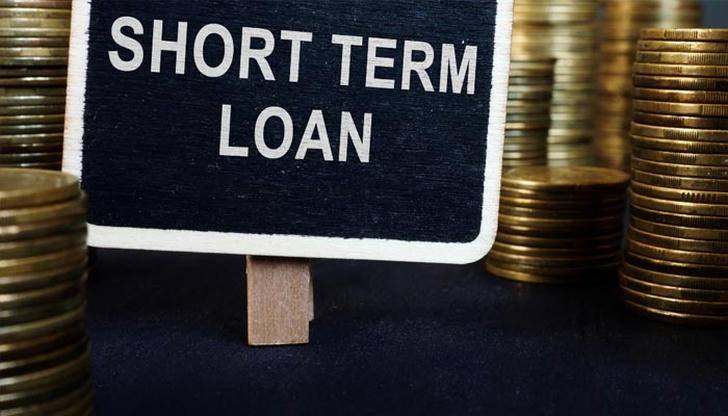Is Your Home Loan Costing You More Than It Should? 7 Refinancing Benefits You Can’t Ignore

A dip in interest rates is often an ideal time to refinance. However, in addition to saving money, there are many other advantages to replacing your old mortgage with a new one. Whether you’re looking to lower your monthly payments, shorten your loan term, or access home equity, refinancing could be a smart financial move. Here are seven key benefits of refinancing your mortgage.

1. Lower Your Interest Rate and Monthly Payments
One of the primary reasons homeowners refinance is to secure a lower interest rate. A lower rate means reduced monthly payments, which can free up money for other expenses or savings. Even a small reduction in interest can result in substantial long-term savings.
For example, if you originally had a 30-year mortgage at 6% interest and refinance to a 4% rate, you could save thousands of dollars over the life of the loan. This lower payment can also improve your monthly cash flow, making it easier to manage other financial obligations.

2. Shorten Your Loan Term
Refinancing allows homeowners to shorten their mortgage term without significantly increasing monthly payments. If you initially took out a 30-year mortgage but are now in a better financial position, switching to a 15-year loan could save you tens of thousands of dollars in interest.
A shorter loan term means you will own your home outright much sooner, which can provide peace of mind and a more secure financial future. While monthly payments may be slightly higher, the long-term savings and quicker equity buildup make it a worthwhile option for many homeowners.

3. Switch to a Fixed-Rate Mortgage for Stability
If you currently have an adjustable-rate mortgage (ARM), refinancing into a fixed-rate loan can provide stability and predictability. ARMs often start with lower interest rates but can increase over time, leading to uncertainty in monthly payments.
By switching to a fixed-rate mortgage, you lock in a consistent interest rate for the life of the loan, making it easier to budget and plan for the future. This is especially beneficial if interest rates are expected to rise.

4. Access Home Equity for Major Expenses
Homeowners who have built up equity in their homes can take advantage of cash-out refinancing. This option allows you to borrow more than you owe on your current mortgage and receive the difference in cash.
This extra cash can be used for various purposes, such as:
• Home renovations and improvements
• Paying off high-interest debt
• Funding education expenses
• Covering medical bills
Since mortgage interest rates are typically lower than credit card rates, using home equity for major expenses can be a more affordable financing option.

5. Consolidate Debt and Improve Financial Health
If you have multiple high-interest debts, such as credit cards or personal loans, refinancing your mortgage to consolidate debt can be a smart move. By rolling these debts into a lower-interest mortgage, you can simplify your payments and reduce overall interest costs.
For example, if you have $20,000 in credit card debt at a 20% interest rate, refinancing that debt into a mortgage with a 4% interest rate can significantly reduce your monthly payments and total interest paid. This strategy helps homeowners regain control of their finances and work toward becoming debt-free sooner.

6. Remove Private Mortgage Insurance (PMI)
If you purchased your home with less than a 20% down payment, you’re likely paying for private mortgage insurance (PMI). PMI is an extra cost that protects the lender in case you default on the loan.
By refinancing, you may be able to eliminate PMI if your home’s value has increased or if you have reached at least 20% equity in the property. Removing PMI can lower your monthly mortgage costs and save you hundreds or even thousands of dollars annually.

7. Adjust Your Loan to Better Fit Your Financial Goals
Life circumstances change, and the mortgage that suited you a few years ago might not be the best fit today. Refinancing offers the flexibility to tailor your loan to your current financial goals.
For instance:
• If you expect a significant income increase, you might opt for a shorter-term loan to pay off your home faster.
• If you need lower payments due to unexpected financial challenges, extending your loan term could provide relief.
• If you plan to move in the near future, switching to an ARM with a lower initial rate may make more sense.
Refinancing your home loan offers numerous benefits, from reducing your monthly payments and interest rates to accessing home equity and improving your overall financial health. However, it’s important to weigh the costs associated with refinancing, such as closing fees and potential prepayment penalties, to ensure it aligns with your long-term financial goals.
Before making a decision, consult with a mortgage professional to explore your options and determine whether refinancing is the right move for you. By carefully evaluating your situation, you can take advantage of these benefits and secure a more financially stable future.
